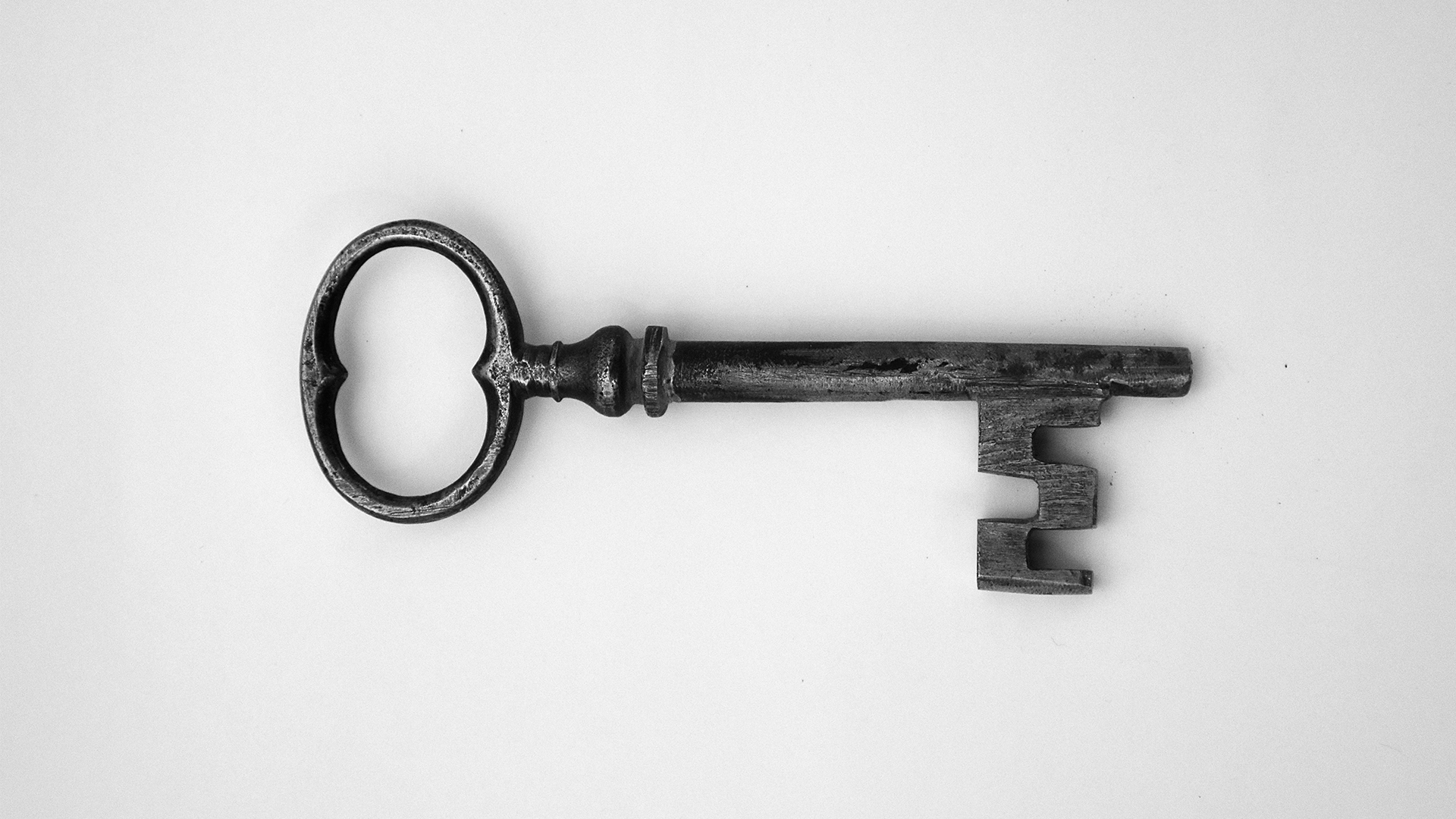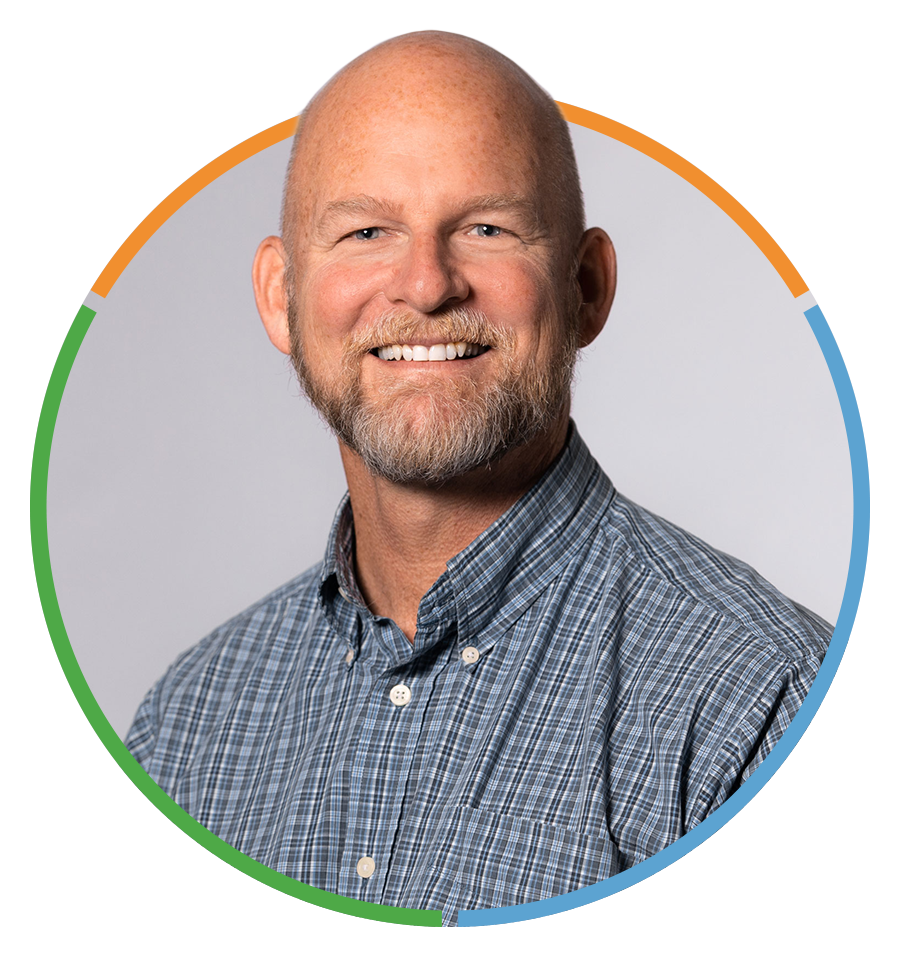Four Keys to Help Release People from Dependent Poverty
James Whitford
Executive Director
Read more from James
“Dependency is merely slavery with a smiling mask.” Years ago, I read this line in The Tragedy of American Compassion by Marvin Olasky. I’ve never forgotten it. More than its shocking tenor, I have remembered it because I’ve experienced it. For more than twenty years, I’ve been fighting poverty and have come to realize that the fight in America is less about filling a gap in basic needs and more so to help people find freedom from a government that promises to perpetually meet them. It is a noble cause to help people find their freedom from dependency, even from a benefactor who wears a “smiling mask.” And now, more than ever, we should be those liberators. According to the Urban Institute, 1 in 5 Americans are dependent on some government welfare program. And, the risk for even greater government dependency is on the rise with the recent 25% increase in the Food Stamp program (SNAP) and an expanded school lunch program, free child care, and an extension to the already expanded child tax credit—all in the Build Back Better Act now threatening to become law by the end of the year.
What can we do? It is a daunting task to consider how to influence policy and policy makers. Although I think a focus on policy-driven welfare reform is vitally important, some easier wins may come through a lighter lift by turning our attention to our local community; more specifically, the people we help who are struggling in dependent poverty. Here are four keys we’ve found effective in helping them to get free.
1. Relate
“You don’t know what it’s like!” I’ve heard it, and it’s true. I’ve never been dependent on welfare. I can’t personally relate to the fear of leaving a government program—a fear that has been conveyed to me many times by others. However, I do know people who can relate and who have broken free from the fear that once tethered them to the state. Bring them in. Ask them to participate in case management meetings or to share their inspiring story with a group. Another option might be to share a video of someone’s success story, like this one of April.
Don’t forget that the ability to relate doesn’t just occur through experience; it can occur by building real relationships, too. Through long-term relationship, we were able to help April and many others find their freedom from government dependency. In that relationship, we both encouraged and educated. I recall one man who received a government-paid cell phone in the mail at our mission. I shared with him a copy of a cell phone bill that had a typical “universal service fee.” After learning that this is the fee passed on to consumers from a government tax on cell phone companies to pay for his “free” phone, he lost interest in the state’s program. On other occasions, I’ve shared with groups at our mission the truth that the government doesn’t have any money of its own. It all comes from other people. Many have turned away from government programs when they realize this truth. Why did they listen? Because we build relationships with people, and they know we really care.
2. Replace
In part, the benefit of building relationships is that it expands the person’s social capital. The greater one’s social capital, the less the demand to remain dependent on some far-removed support. Building confidence that the state’s support can be replaced is important. By no means should we think to compete by handing out goods and services like the government. However, when it comes to meeting basic needs of people, it’s important to build trust that those can be replaced by a compassionate supportive community.
There are two things that we’ve done that have been helpful here. First, we have intentionally built greater capacity to meet those basic needs. For example, we expanded our food pantry to become a client-shopping market with the basic food groups and evening hours. It was a lot of work, but if we want to help people break free from food stamps, we must provide some alternative. Consider how you might do the same. Second, develop a resource listing of private charities in your area, be supportive of them, develop relationships with them and refer people to them. We host a fundraiser event every year that raises thousands of dollars for other private charities in our city. These like-minded missions are much less likely to sign people up for welfare, and by linking arms, you increase your capacity and your clients’ confidence to break free!
3. Resist
Hopefully, as you work to build both a culture of relationship as well as capacity to replace some of what welfare offers, you’ll couple those changes with resistance to do what is so common in organizations like ours: sign people up for welfare programs. It may be what you’ve always done, but unless you feel that being dependent on government help is better than being free from it, you should resist pointing your clients toward it as a solution for them. At our mission, every staff member and volunteer signs an agreement to always refer people in need to the closest source of private help before referring them to any state-funded program. Sure, there are times when we’ll have to point people toward government help, but we certainly resist doing so. You can, too. This could be built into some of your program policies. For example, one of the admission criteria for our long-term residential recovery program is “no welfare.” Food stamp cards are turned in, government subsidized phones are turned over, disability pursuits are abandoned. Implicit in your resistance to sign people up for government help is your belief in your clients’ ability to succeed without it. What a great thing to communicate— “You can do it!”
4. Recognize
In a day when dependency on a government program is not only rarely discouraged, but often promoted, breaking free is a brave and noteworthy act deserving of recognition. One person suggested the “Finer Diners Club,” an exclusive group of those who’ve voluntarily given up their food stamp (EBT) cards to then enjoy a nice dinner with other club members where they’re recognized for their achievement. At our mission, we do something even simpler. We have a “Wall of Heroes” made of EBT cards that were voluntarily given up. The names of each person are there for everyone to see.
Like me, you may also believe that government dependency in America today is a national epidemic. Although it’s policy driven from the top, I hope you’re encouraged to consider how relating with your clients through testimony and relationship, replacing what the government is doing with more compassionate and wiser means, and recognizing people who make the bold step to break free are some practical ways you can begin helping people find freedom from that master with a smiling mask.
Want to influence government policy? True Charity Network members have regular opportunities to share their perspectives and stories with policymakers.



